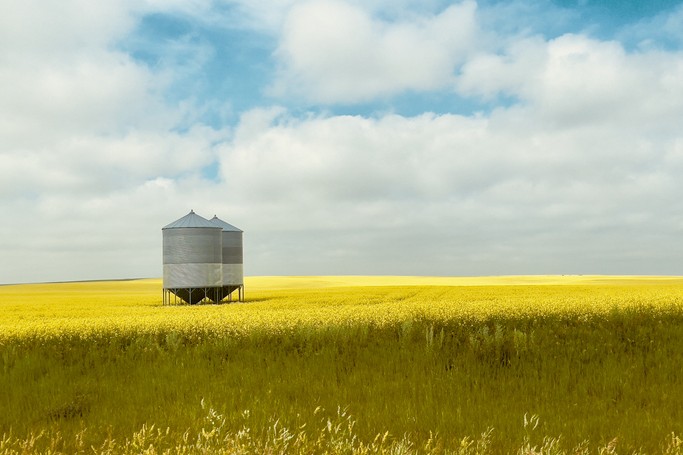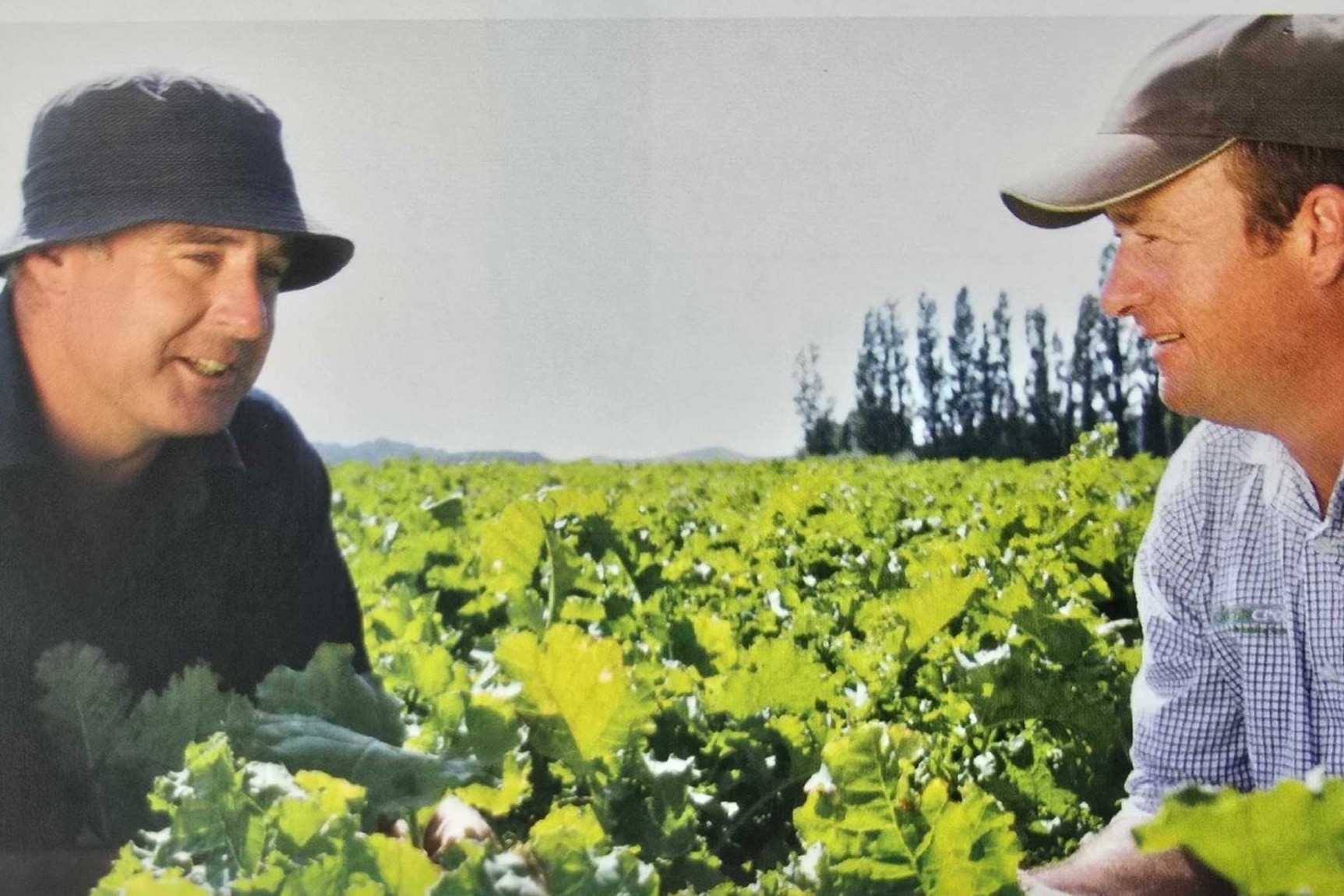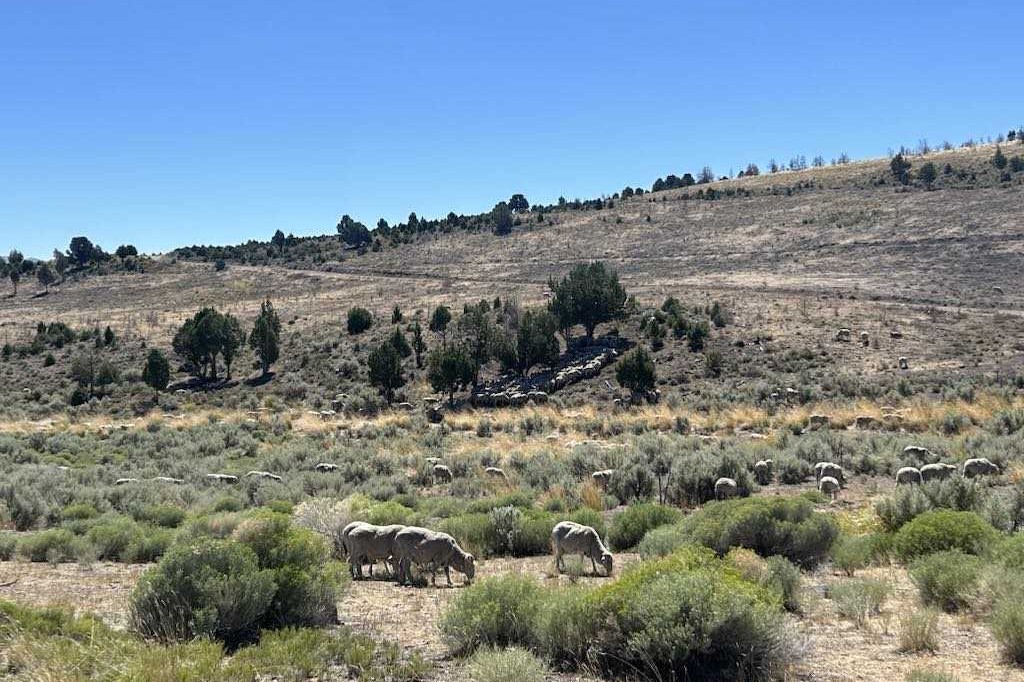Paul Burt laments that those who are most outspoken about land management speak from academic ivory towers and political beehives.
We’ve always had a good relationship with the local regional council. When we bought the farm in 1990 it obviously suited a development strategy that would separate productive land from existing native areas and poor hill country more suited to production forestry. So began the first of a series of farm plans also involving the QE2 Trust. That early work has produced a farm to be proud of with a financial base vastly improved by the forestry component.
Throughout this process I am sure the bulk of knowledge resides with us, the people on the land. It’s not a job that we leave at 5pm, we are constantly exposed, we live it. This opinion was reinforced recently when Bay of Plenty Regional Council staff visited to do soil analysis. Information is collected from farms across the region, I presume to get an idea of how we farmers are looking after the land.
To the day, in February, it had been three weeks since the last wetting rain. High temps and daily nor-westers had caused any north facing slopes to dry out to the point of producing nothing. Some dead roots and a few weeds hold the dust together with very few signs of life. A single observation at that point would not suggest the best management but the only difference between this site and flatter or more sheltered parts of the farm is the soil’s ability to hold moisture. Chemical analysis is the same.
Compaction is less because of less hoof pressure, my stock don’t want to be where the only feed is dry and non-nutritious. Just along the slope there is a pin hole in a water pipe emitting a fine life-giving spray. The unintentionally irrigated patch has clover leaves as big as your thumb with bright green rye and fat smiley worms holding hands. Talk about regenerative agriculture, I’ve discovered the Holy Grail. Give me a sounding board and I’ll convert the masses, providing I can reverse gravity and get water flowing freely uphill. This is not as hard as you might think because zealots often don’t ask for proof.
All of these are great ideas but I’m brought back to earth with the knowledge that our farm is not one homogenous whole and recognising and managing its many peculiarities is the challenge. How often are farms talked about as uniform units of land? Apparently 90% of our governors and rule-makers have social, political and arts backgrounds and yet many dare to speak with authority on land management.
Even those with experience can fall into the trap of blanket recipes. Earlier in our careers when it was good fun on hill country to take a tractor and a set of giant discs to the limit of safety, we were sure we could improve those poor performing northern slopes. Capital fertiliser and the latest whizz bang seed varieties did well if the first year was a wet one. Years on, the species revert to what can cope with the site’s major limitation which is lack of moisture. In hindsight, more subdivision and heavier stocking would have been better options but still wouldn’t rid the farm of boom and bust grass growth because of uneven rainfall distribution.
Following a down-size a couple of years ago I dispensed with the beef cows which were the best tool to cope with managing pasture quality in our situation. It did away with the need for sires, the hassles at calving and capital and animal health costs. But, effective clean-up of low metabolisable energy (ME) pastures is now more difficult. It’s possible with bigger mobs and smaller paddocks but with a more obvious animal production loss. I could negate this by feeding a high quality supplement but the economics are dubious and the process complicates my grass-only semi-retired lifestyle. End result is a less effective clean-up which compromises overall pasture production.
The gap between the market value per hectare and the net return/ha of farmland is widening. On most farms the cost of debt servicing is a high price to pay for the privilege of running a self-determining business. If the powers that be make rules that affect our financial viability, the least the country could do is offer to share the cost by paying more for their food. They could also show us the courtesy of asking to share our knowledge.





